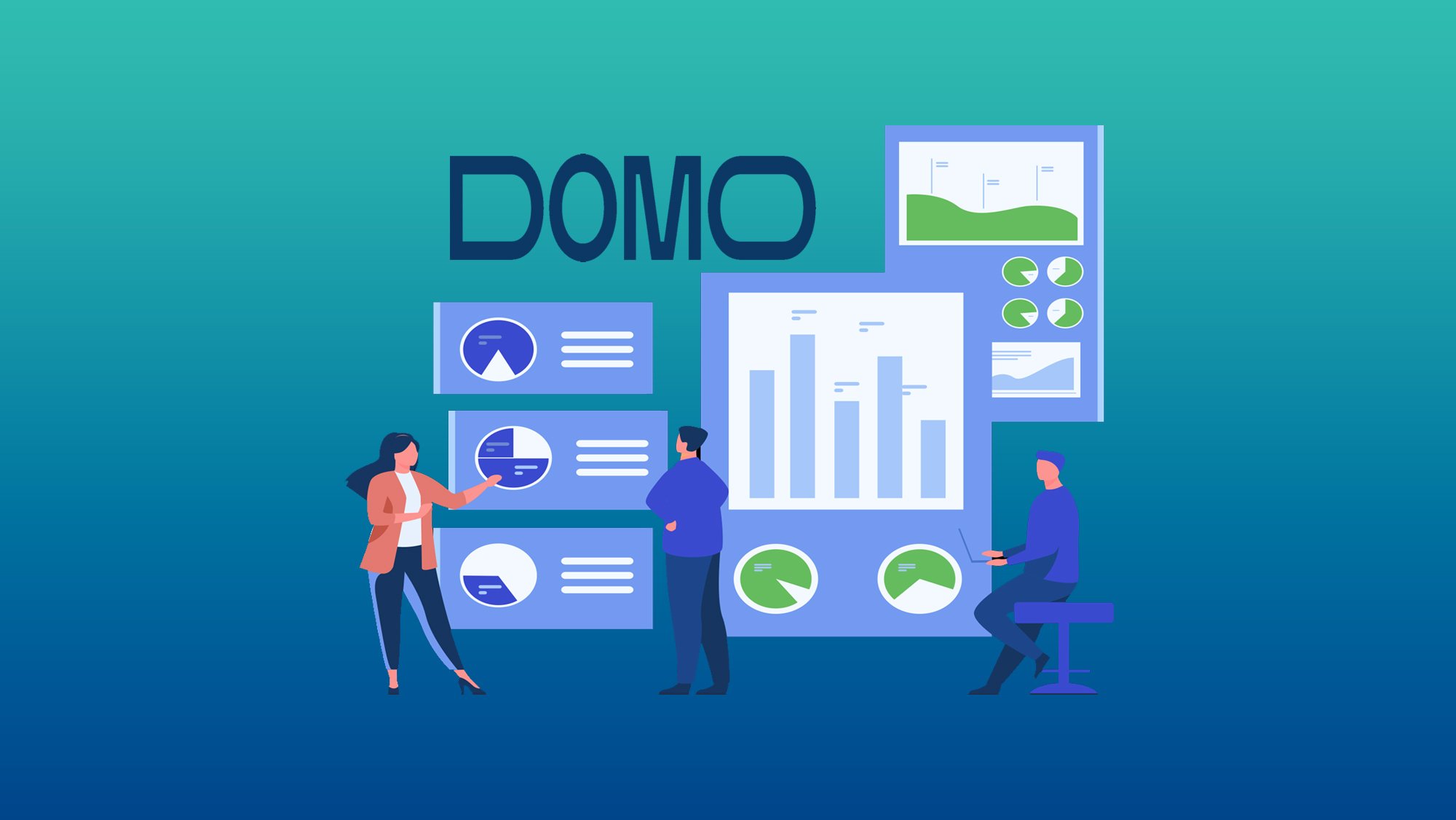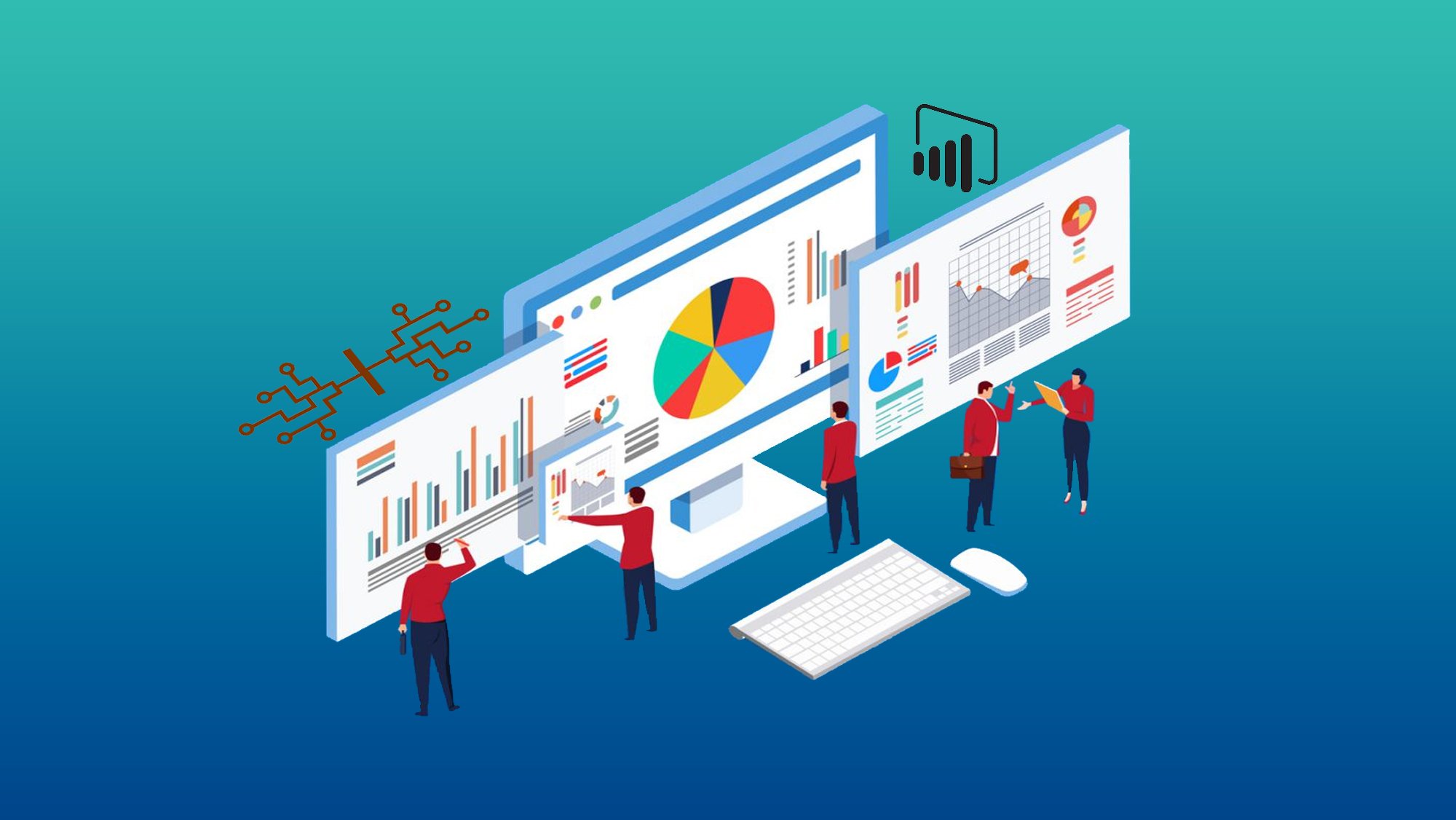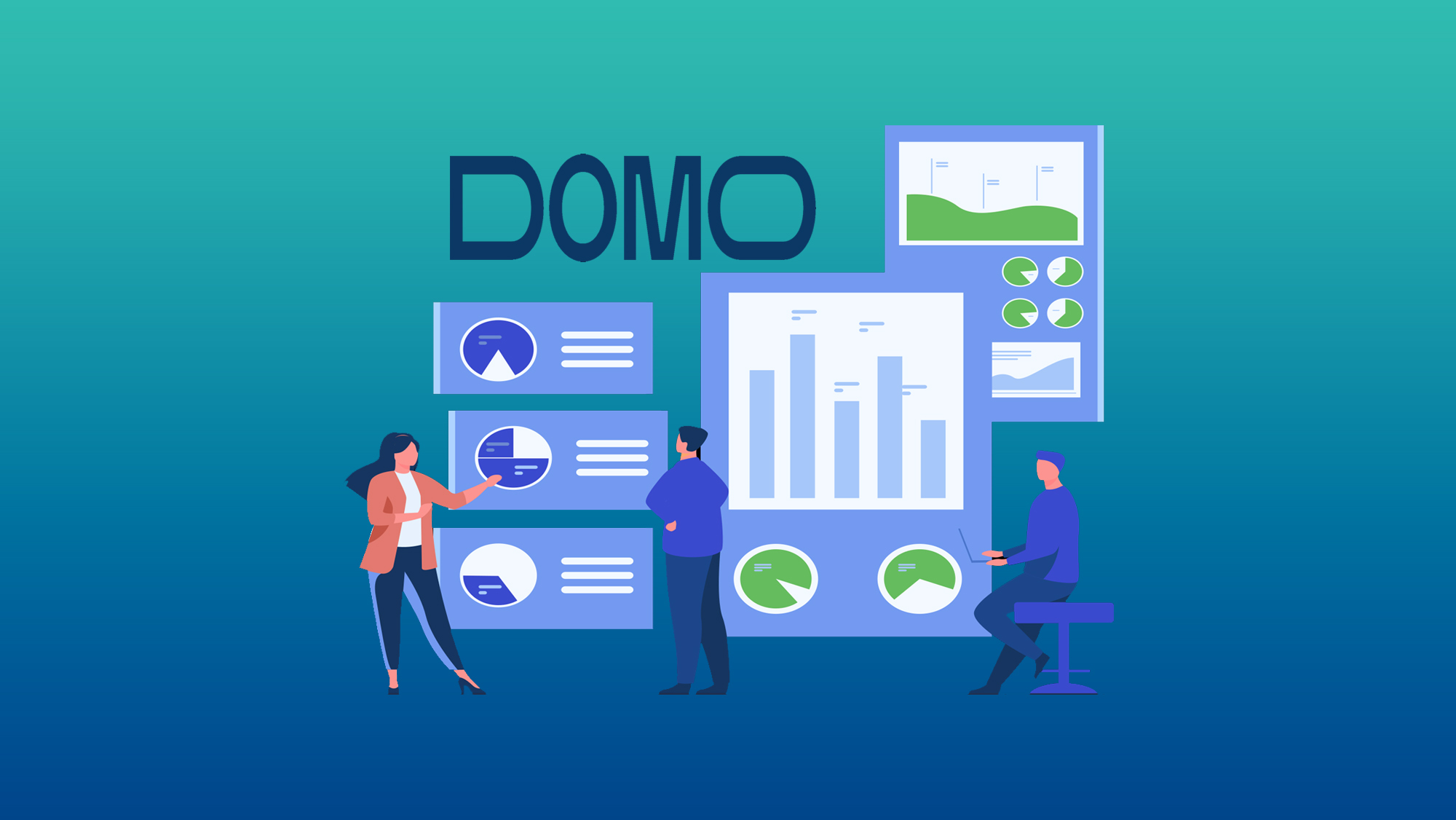Why is Domo Training Important?
- Maximizing Platform Utilization: Domo offers a wide range of features and functionalities. Training equips users with the knowledge and skills to fully leverage the platform's capabilities. By understanding how to effectively navigate Domo, connect to data sources, and utilize its tools, users can maximize the value they extract from the platform.
- Efficient Data Analysis: Domo training enables users to efficiently analyze and interpret data. By learning data modeling techniques, advanced analytics functionalities, and data visualization best practices, users can effectively explore and make sense of their data, leading to quicker and more accurate insights.
- Customization and Dashboards: Domo allows users to create customized dashboards and reports. Training helps users understand how to tailor these visualizations to their specific needs and business requirements. By gaining proficiency in creating impactful visualizations, users can communicate data insights effectively and make information more accessible to stakeholders.
- Collaboration and Sharing: Domo offers collaboration features that allow users to share insights, collaborate on data analysis, and work together on projects. Training provides users with an understanding of how to effectively collaborate within the platform, enhancing teamwork, knowledge sharing, and decision-making processes within organizations.
- Driving Data-Driven Decision-Making: Domo training emphasizes the importance of data-driven decision-making. By developing skills in data analysis, interpretation, and visualization, users are empowered to make informed decisions based on data insights. This helps organizations optimize performance, identify opportunities, and address challenges in a more strategic and effective manner.
Who Needs Domo Training?
Domo training is valuable for a variety of individuals and roles within an organization. Data analysts and business intelligence professionals can enhance their skills in data analysis, visualization, and reporting through Domo training. Executives and decision-makers benefit from understanding how to leverage Domo's insights for strategic decision-making. IT professionals responsible for data integration and platform administration can benefit from training to effectively manage and optimize Domo within their organization. Additionally, teams collaborating on data-driven projects can benefit from training to improve data literacy, foster effective communication, and ensure consistent utilization of the platform's features and functionalities.
What are the Key Components of Domo Training?
- Introduction to Domo: Training starts with an overview of Domo's capabilities, features, and benefits. It familiarizes participants with the platform's interface, navigation, and key terminology.
- Data Integration: This component focuses on connecting data sources to Domo. Participants learn how to import, transform, and combine data from various sources such as databases, spreadsheets, and cloud services.
- Data Preparation: Participants are trained on data cleansing, filtering, and transformation techniques. They learn how to prepare data for analysis, including handling missing values, data quality issues, and data formatting.
- Data Analysis and Visualization: This component covers techniques for analyzing and visualizing data in Domo. Participants learn how to create charts, graphs, and interactive dashboards to present insights effectively. They explore different visualization options, customization features, and best practices for data storytelling.
- Advanced Analytics: Some training programs delve into advanced analytics capabilities within Domo. This may include topics such as predictive analytics, data modeling, statistical analysis, and machine learning integration.
- Collaboration and Sharing: Participants learn how to collaborate within Domo, sharing dashboards, reports, and insights with team members. They explore features such as commenting, tagging, and version control to foster collaboration and knowledge sharing.
- Platform Administration: For IT professionals or administrators, training may cover platform administration topics such as user management, security settings, and data governance. Participants gain an understanding of how to manage and configure Domo for their organization's needs.
- Best Practices and Optimization: Training often includes best practices for utilizing Domo efficiently and effectively. Participants learn optimization techniques for performance, data governance, and data security within the platform.
- Use Case Scenarios: Training may include real-world use cases and scenarios to demonstrate the application of Domo in various industries and business contexts. This helps participants understand how to apply their knowledge and skills to solve specific business challenges.
- Hands-on Exercises and Practice: Domo training often includes hands-on exercises and practice sessions to reinforce learning. Participants get the opportunity to apply their knowledge in a practical setting and gain confidence in utilizing the platform.
Domo Career Opportunities
- Business Intelligence Analyst: As a Business Intelligence Analyst, you would utilize Domo to analyze data, create insightful reports and dashboards, and provide actionable business intelligence to stakeholders. You would play a crucial role in driving data-driven decision-making within organizations.
- Data Analyst: Domo's data analysis capabilities make it a valuable tool for Data Analysts. You would leverage Domo to extract insights, perform data exploration, and identify trends and patterns in data sets, helping organizations make informed decisions.
- Data Visualization Specialist: Domo's robust visualization features make it ideal for Data Visualization Specialists. You would create visually appealing and interactive dashboards, charts, and visualizations to present data in a compelling manner and facilitate data-driven insights.
- Business Intelligence Developer: As a Business Intelligence Developer, you would leverage Domo's platform to design and develop customized solutions for data integration, modeling, and reporting. You would work closely with stakeholders to understand business requirements and implement effective BI solutions.
- Domo Administrator: Organizations utilizing Domo may require professionals with expertise in administering the platform. As a Domo Administrator, you would be responsible for managing user access, security settings, data governance, and platform optimization.
- Data Engineer: Domo's data integration capabilities make it relevant for Data Engineers. You would work on integrating and transforming data from various sources into Domo, ensuring data accuracy, quality, and availability for analysis.
- Business Analyst: Domo can be leveraged by Business Analysts to gain insights into market trends, customer behavior, and operational efficiency. You would analyze data within Domo to identify opportunities, make recommendations, and support strategic decision-making.
- IT Consultant: IT Consultants with expertise in Domo can assist organizations in implementing and optimizing the platform. You would provide guidance on data integration, system configuration, and data governance, ensuring that Domo aligns with the organization's IT strategy.
Conclusion:
Domo is a powerful cloud-based business intelligence and data analytics platform that offers organizations the ability to harness the full potential of their data. With its intuitive interface, robust features, and wide range of career opportunities, Domo enables professionals to analyze data, create interactive visualizations, and drive data-driven decision-making. The platform's capabilities in data integration, analysis, and collaboration make it a valuable asset for organizations across industries, empowering them to uncover insights, improve performance, and stay ahead in today's data-driven business landscape.







No Comments Yet
Let us know what you think